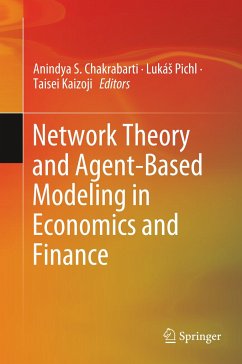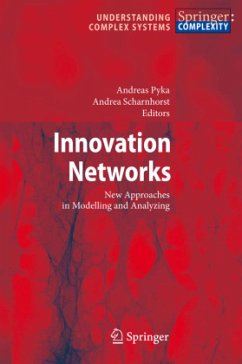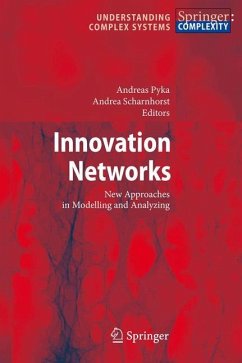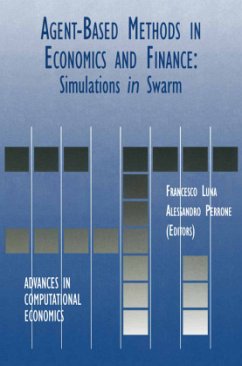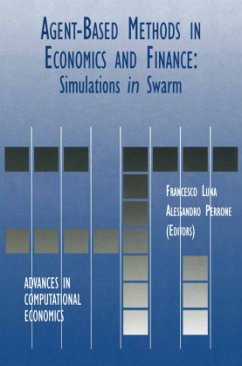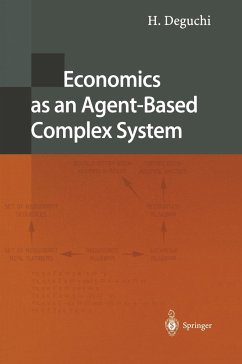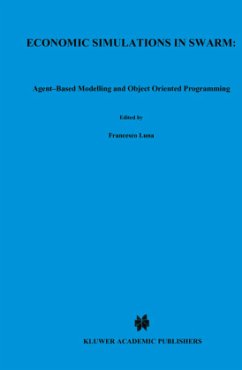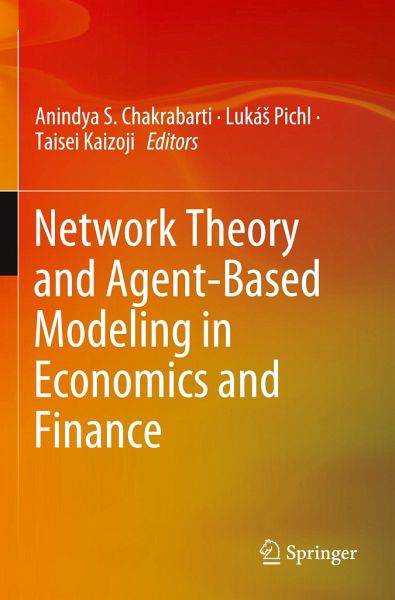
Network Theory and Agent-Based Modeling in Economics and Finance
Versandkostenfrei!
Versandfertig in 6-10 Tagen
91,99 €
inkl. MwSt.

PAYBACK Punkte
46 °P sammeln!
This book presents the latest findings on network theory and agent-based modeling of economic and financial phenomena. In this context, the economy is depicted as a complex system consisting of heterogeneous agents that interact through evolving networks; the aggregate behavior of the economy arises out of billions of small-scale interactions that take place via countless economic agents. The book focuses on analytical modeling, and on the econometric and statistical analysis of the properties emerging from microscopic interactions. In particular, it highlights the latest empirical and theoret...
This book presents the latest findings on network theory and agent-based modeling of economic and financial phenomena. In this context, the economy is depicted as a complex system consisting of heterogeneous agents that interact through evolving networks; the aggregate behavior of the economy arises out of billions of small-scale interactions that take place via countless economic agents. The book focuses on analytical modeling, and on the econometric and statistical analysis of the properties emerging from microscopic interactions. In particular, it highlights the latest empirical and theoretical advances, helping readers understand economic and financial networks, as well as new work on modeling behavior using rich, agent-based frameworks.
Innovatively, the book combines observational and theoretical insights in the form of networks and agent-based models, both of which have proved to be extremely valuable in understanding non-linear and evolving complex systems. Given its scope, the book will capture the interest of graduate students and researchers from various disciplines (e.g. economics, computer science, physics, and applied mathematics) whose work involves the domain of complexity theory.
Innovatively, the book combines observational and theoretical insights in the form of networks and agent-based models, both of which have proved to be extremely valuable in understanding non-linear and evolving complex systems. Given its scope, the book will capture the interest of graduate students and researchers from various disciplines (e.g. economics, computer science, physics, and applied mathematics) whose work involves the domain of complexity theory.





